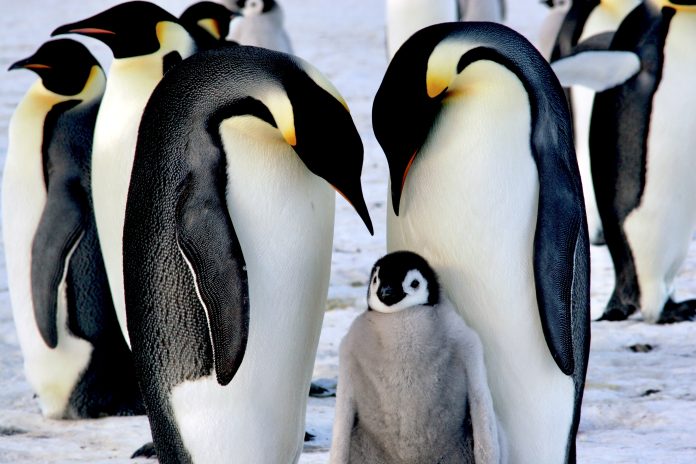
Breaking! Emperor Penguins Will Now Be A Protected Species Under The U.S. Endangered Species Act
By Lauren Lewis
You can help all animals and our planet by choosing compassion on your plate and in your glass. #GoVeg
RELATED ARTICLES
Banning Cruelty: New Legislation Aims To Ban Octopus Farming In The U.S.
New bipartisan legislation has just been introduced in the U.S. to ban commercial octopus farming and prohibit imports of farmed octopus from foreign countries.
The...
Outrage In Yellowstone! Grizzly Bear Killed By Wildlife Officials & Left With Head & Paws Cut Off
Photo by: Trisha McFarland / Cowboy State Daily
A photo of a dead grizzly bear with its head and paws cut off has caused an...
Inside Florida’s Illegal Horse Meat Trade: Undercover Footage Shows Racehorse Being Shot & Butchered
A heart-wrenching discovery of illegal horse slaughter has emerged, with video footage exposing the tragic killing of a racehorse named 'Funny Biz,' who was...
Popular stories
News
Notorious Pig Slaughterhouse ‘Farmer John’ In California Will Finally Close At The Beginning Of 2023; A Step Forward For The Plant-Based Movement
Smithfield Foods, Inc. has announced that it will cease all pig confining and killing operations at its Farmer John slaughterhouse in Vernon, California, in early 2023. The company claims...
News
Breaking! Animal Save Movement Is Outraged By The Feeble & Unjust Charges Brought Against The Truck Driver Who Ran Over Animal Activist Regan Russell
Animal Save Movement is outraged at the Halton Regional Police Service for bringing charges of “Careless Driving,” against the driver of a pig transport truck in...
News
Hero Veterinarian Dr. Matviichuk Risks His Life To Care For Animal Victims Of War-Torn Ukraine; Help ‘In Defense Of Animals’ Support His Courageous Efforts
Photos from Dr. Matviichuk and supplied by In Defense of Animals
In the midst of the unfathomable chaos, destruction, and heartbreak that is currently taking place...


